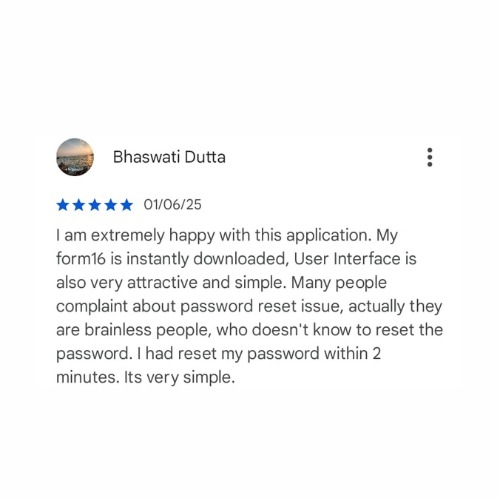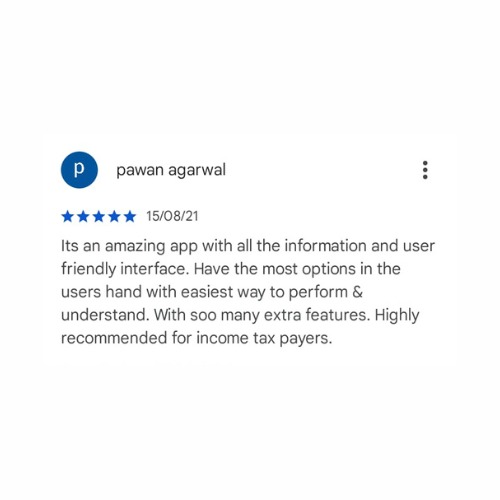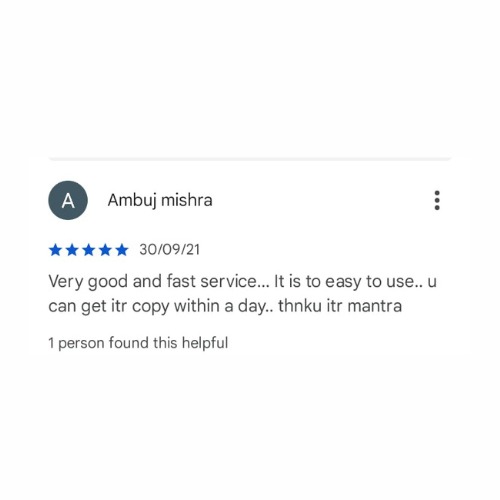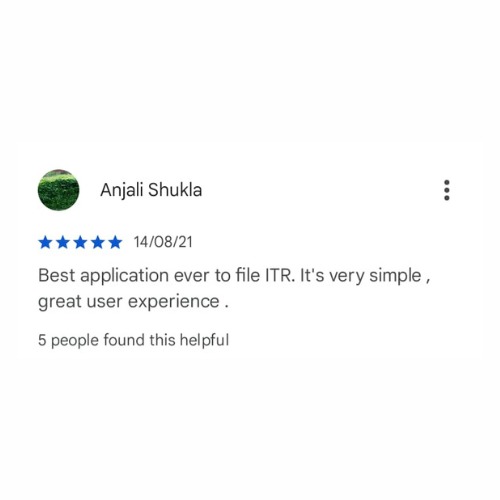Income Tax Return (ITR)

Income Tax Return For TSCT
At ITR Mantra, we understand the challenges individuals face during tax season,
especially our dedicated teachers who give so much of themselves every day. That’s why
we’re proud to announce our newest partnership with the Teacher Self Care Team (TSCT),
offering exclusive Income Tax Return (ITR) services tailored specifically for TSCT
members.
This collaboration is designed to reduce the stress and complexity of
tax filing for educators, ensuring they get expert guidance, secure handling of personal
data, and timely filing — all at special rates. Our goal is to make tax filing simple,
efficient, and worry-free so teachers can focus on what truly matters: educating and
inspiring future generations. With personalized support from our experienced tax
professionals, TSCT members can now enjoy a seamless ITR filing experience from start to
finish. At ITR Mantra, we’re honored to support those who shape the minds of tomorrow.
ITR Package
ITR 1 (New Regime)
₹116.82
Base Price: ₹99.00
GST: ₹17.82
*Inclusive of GST
ITR 1 (Old Regime)
₹234.82
Base Price: ₹199.00
GST: ₹35.82
*Inclusive of GST
ITR 2
₹706.82
Base Price: ₹599.00
GST: ₹107.82
*Inclusive of GST
ITR Revised Return
₹706.82
Base Price: ₹599.00
GST: ₹107.82
*Inclusive of GST
Rectification of Mistake
₹706.82
Base Price: ₹599.00
GST: ₹107.82
*Inclusive of GST
Income Tax Notice Solution
₹1,178.82
Base Price: ₹999.00
GST: ₹179.82
*Inclusive of GST
ITR (Demand/Entice Reply)
₹1,178.82
Base Price: ₹999.00
GST: ₹179.82
*Inclusive of GST
ITR U Service
₹706.82
Base Price: ₹599.00
GST: ₹107.82
*Inclusive of GST
Why Choose ITR Mantra?
1. Expert Support
Tailored support for every IT return filing step by our adept tax experts.
2. Complete Services
Selection of right ITR form, tax saving strategies and filing your return accurately done by us.
3. Confidential & Secure
Client’s sensitive data during tax filing is private and secure.
4. Timely Filing Guarantee
We ensure your ITR is filed well before the deadline, helping you avoid penalties and last-minute stress.
Registration is Open
Claim the benefits of ITR filing services that are offered exclusively for TSCT members. ITR Mantra along with TSCT will ensure that your tax filing process is devoid of any complexities. Just follow the link below to register and commence with our streamlined processes.
Register Now so you can revel in our exclusive offerings while having your ITR filed seamlessly with the help of our seasoned professionals.
Register NowITR Mantra APP Reviews






Frequently Asked Questions
Team Expert
Meet Our Advisory Team
Experienced professionals ensuring accuracy, compliance, and seamless tax solutions

kartikya Tiwari
Director
Indrani Sharma
CEO
Gaurav Pandey
Manager
Bhaswati Dutta
Team Leader
Ankit
Relationship Manager
Dilip Kumar
Relationship Manager
Harish
Relationship Manager
Harsh
Relationship Manager
Vinay Mishra
Relationship Manager
